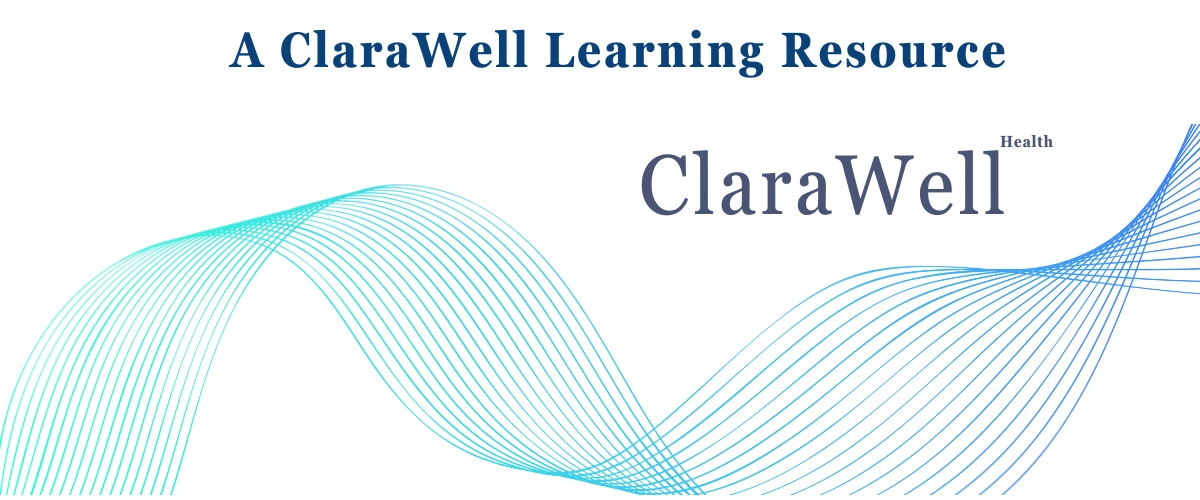Learn with ClaraWell

Understanding the Signs
You're sleeping through the night, but something still feels off. You wake up tired. Your focus is fading. These can be early Sleep Apnea Symptoms—maybe someone’s mentioned that you snore, or that you stop breathing in your sleep.
These Sleep Apnea Symptoms could be signs of a common, often overlooked condition that affects how your body rests, heals, and functions. This guide will help you understand the symptoms, the risks, and what steps you can take next.
💤 What Is Sleep Apnea?
Sleep apnea is a sleep disorder that causes your breathing to stop and start repeatedly while you sleep. These interruptions can last seconds or even minutes—and you may not even know they’re happening.
When your breathing stops, your body is briefly jolted awake to resume airflow, keeping you in a shallow state of rest. Over time, this can wear down your energy, memory, focus, and overall health.
⚠️ Common Sleep Apnea Symptoms
Sleep apnea doesn’t always feel like a health condition—it often just feels like life wearing you down. Many people don’t realize they have it because the symptoms blend into their daily routines.
Some signs to watch for:
- Snoring that’s loud or persistent, often mentioned by a partner
- Waking up gasping, choking, or feeling like you haven’t rested
- Tiredness, irritability, or fogginess that lingers through the day
If these sleep apnea symptoms sound familiar, it may be more than “just poor sleep.”
👥 Who’s Most at Risk?
Sleep apnea can affect anyone, but certain traits and health conditions make it more likely.
- Being over age 40—especially men, or post-menopausal women
- Having excess weight or a thick neck circumference
- High blood pressure, diabetes, or family history of sleep issues
Lifestyle factors like alcohol use, smoking, and poor sleep hygiene can also raise your risk.
🧠 What It Feels Like
Sleep apnea isn’t always loud or dramatic. For many, it feels like a slow drain on their energy and clarity. Here’s what people often say:
- “I sleep through the night, but wake up exhausted.”
- “I forget things or can’t concentrate like I used to.”
- “My partner says I stop breathing in my sleep.”
These experiences are real, and common. They’re your body asking for support.
✅ Do a Quick Self-Check
Ask yourself these quick questions. If any feel familiar, it might be time to take a closer look:
- Do you snore often or loudly?
- Do you feel tired, even after 7–8 hours of sleep?
- Has anyone noticed you stop breathing while asleep?
- Do you often wake with a headache or dry mouth?
These questions aren’t a diagnosis, but they’re a starting point.
If you're ready to take the next step in understanding your sleep health, start your free sleep apnea risk assessment here.
🚨 Why It Matters
Left untreated, sleep apnea can lead to more than daytime tiredness. It puts real strain on your heart, brain, and body systems.
Long-term risks may include:
- High blood pressure, heart disease, or stroke
- Type 2 diabetes or weight gain
- Memory loss or cognitive decline
- Fatigue-related accidents at work or while driving
The good news? Sleep apnea is treatable, and early awareness makes a big difference. You can read more about the medical perspective at the Mayo Clinic’s official sleep apnea guide.
Think you might have sleep apnea? ClaraWell™ can walk you through a quick assessment to help you understand your potential risk—and what steps to take next.
Take the Risk Test Now